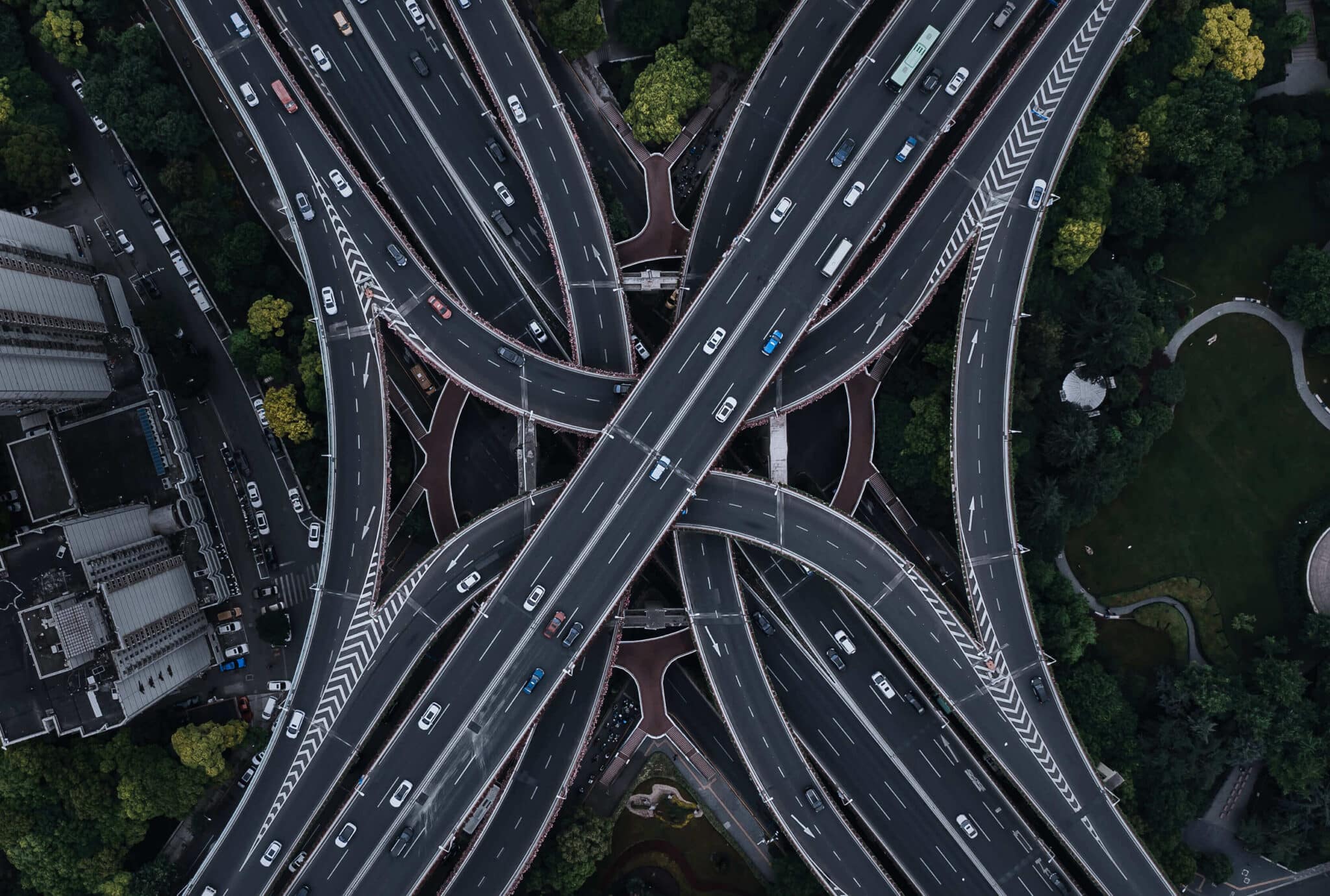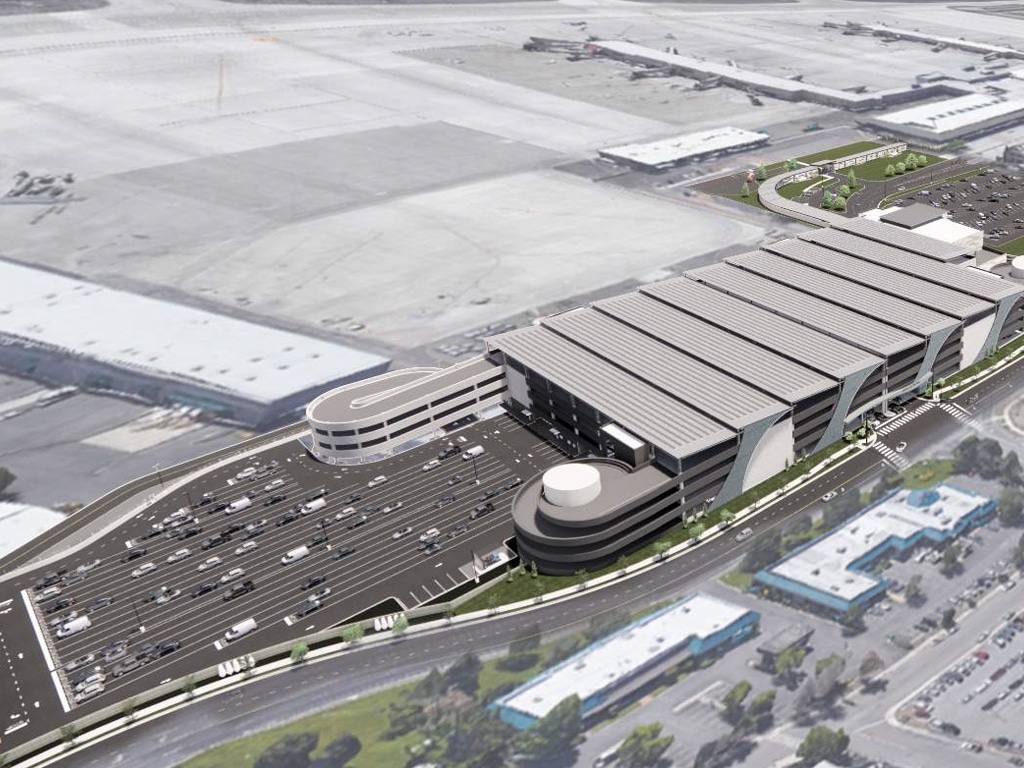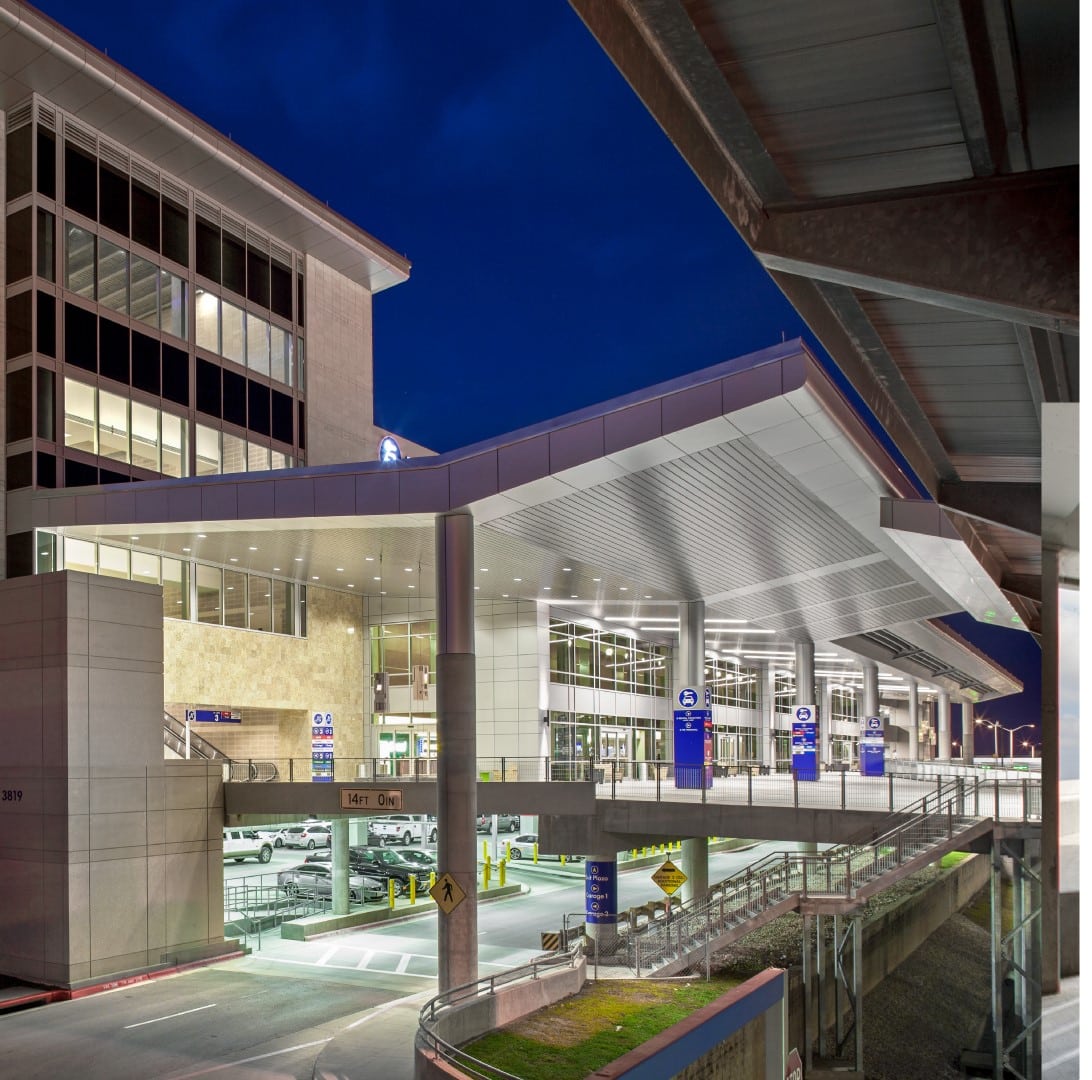Our impact
A2 Phase I, Poland
Background
Meridiam is the main shareholder of Autostrada Wielkopolska S.A (AWSA), the concession company responsible for operating the A2, Phase 1 motorway in Poland. This 149-km stretch of motorway, between the cities of Nowy Tomysl and Konin, was built and opened between 2000 and 2005, initiated as part of a major long-term upgrade of the Polish motorway network.
The A2 motorway is a key transport corridor:
• Connecting the country’s capital Warsaw with Berlin
• Providing access to the city of Poznań (4th largest metropolitan area in Poland
in terms of population), located in the middle of the A2 Phase I
• The A2 is designated as the E30 in the TEN (Trans-European Road Network)
Stage:
In Operation
ESG/SDG Key Facts
Following the completion of the Poznań Bypass, a study was undertaken in December 2021 to understand any potential noise impacts. As a result, noise barrier related works were completed in Q4 2022.
The two phases under Meridiam ownership (Phases I and II) include 45 crossings for large and medium sized animals and 122 culverts for small animals providing a specific protection for herpetofauna (reptiles and amphibians).
In 2022, the Project Company signed contracts with two charging station contractors. In May 2024, the first EV charging stations will be operational at selected rest areas. By 2025, the 22 petrol stations and rest areas on the A2 should include EV charging stations.
The Project Company has an ongoing road safety campaign, through slogans and messages at the toll booths, and barriers drawing d iv ’ attention to the safety rules. AWSA is taking additional measures to further enhance safety on the road:
• The implementation of an average speed camera system on the Poznan Bypass in January 2024 has significantly reduced the number of vehicles exceeding speed limits.
• Discussions with the Grantor are ongoing to add signs to keep a safe distance between vehicles.
The Project collaborates with several polish universities and supports various charitable activities including orphanages.
A number of voluntary certifications were completed, including ISO 50001, ISO 14001, LEED, and BREEAM.
SDG 7 (Affordable and clean energy)
Sodium lamps have been replaced with LED technology. Additionally, an energy management system is being implemented across the entire Project. This intelligent system enables real-time monitoring, control, and optimisation of energy usage, ensuring efficient energy distribution and minimising wasteful consumption.
SDG 15 (Life on land)
9 large animal crossings have been constructed along the road. The Project actively cares for the greenery along the highway, ensuring that vegetation is properly maintained and preserved.


